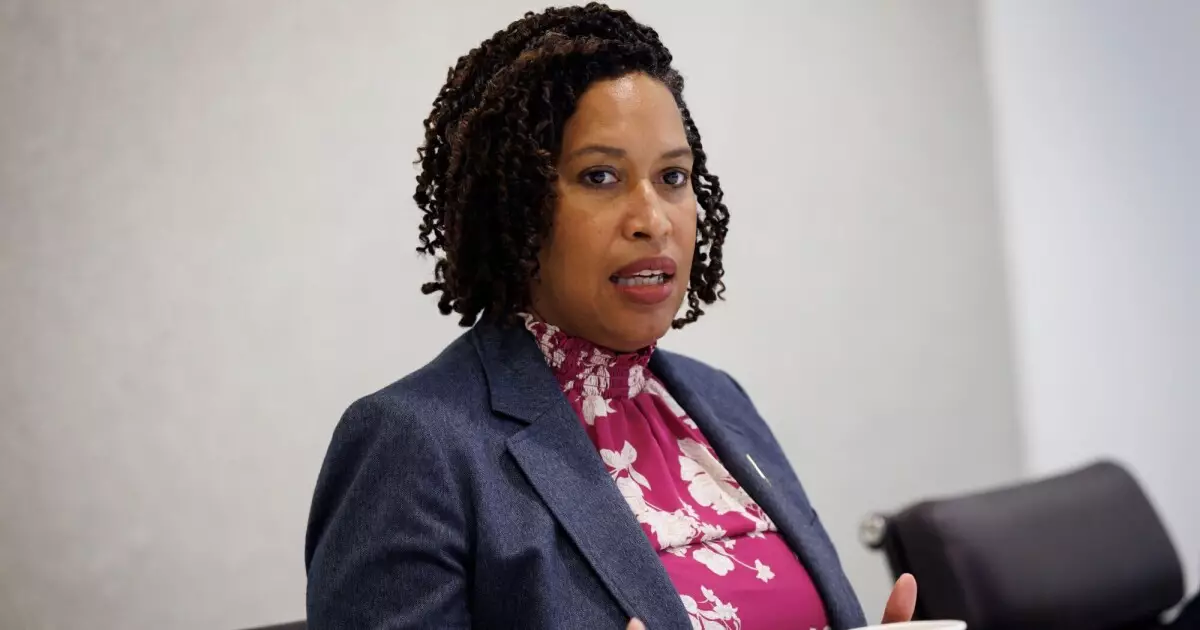The Washington, D.C., City Council is proposing the elimination of the tax exemption on interest on out-of-state municipal bonds. This measure is intended to raise revenue, but it is facing opposition from Mayor Muriel Bowser. The mayor has made it clear that she does not support additional tax hikes beyond what was proposed in her budget. In a letter to Council Chair Phil Mendelson, she expressed her disheartenment at the proposal to generate $180 million in new taxes and fees, including $65 million from removing the tax exemption for interest on out-of-state municipal bonds.
Washington, D.C., operates on a four-year budget cycle and is required to submit balanced ledger sheets. Failure to do so could result in a congressional takeover. A second budget vote is scheduled for June 12, and final budget approval and certification rest with the city’s chief financial officer, Glenn Lee. Lee has been advocating for replenishing the city’s reserve funds, a point of contention that now appears to be resolved. The Office of the Chief Financial Officer has stated that if the proposed provisions are enacted into law, they will satisfy the necessary liquidity requirements and support the District’s financial health.
Some thought leaders in the municipal bond market see the elimination of the out-of-state interest exemption as a potential threat. This move, along with other efforts to cap or eliminate municipal tax exemptions, could have broader implications for the industry. Tom Kozlik, head of public policy and municipal strategy at Hilltop Securities, believes that this is an ongoing threat that policymakers need to address promptly. The budget proposals also include increases in real estate tax rates for homes above certain values, affecting approximately 2,800 homes in the District of Columbia.
The budget discussions started in April when the mayor presented a $21 billion proposal, revealing a $4 billion deficit over the next decade. This deficit includes a $700 million shortfall for the current year. Glenn Lee has been emphasizing the importance of shoring up the district’s reserve funds since March. In a letter to the City Council, Lee highlighted the decrease in the Contingency Cash Reserve ending fund balance, underscoring the need for immediate action to address the fiscal challenges facing the city.
The proposed tax changes in Washington, D.C., are the subject of debate and scrutiny. While the City Council aims to increase revenue through measures like eliminating tax exemptions and raising real estate taxes, the mayor and other stakeholders have expressed concerns about the potential impact on residents and the overall financial health of the district. It remains to be seen how these proposals will evolve and what steps will be taken to address the budget challenges and ensure the long-term stability of the city’s finances.

